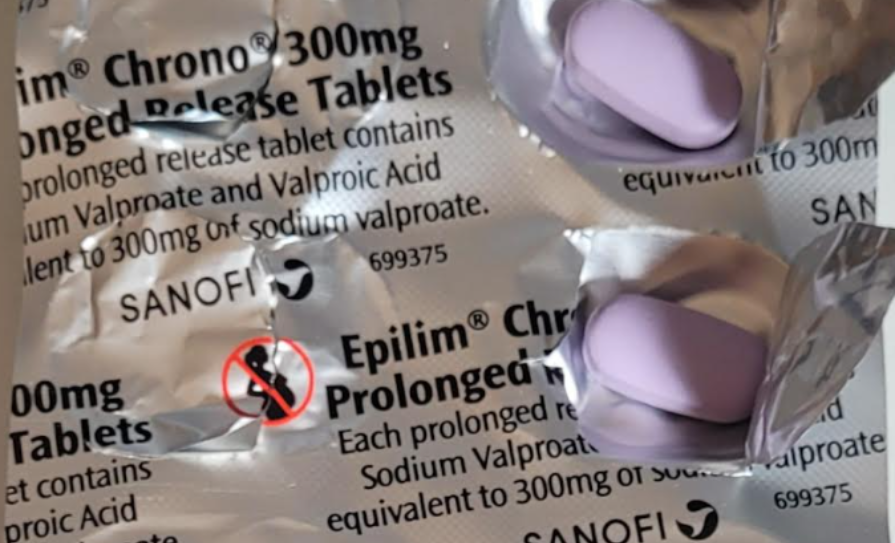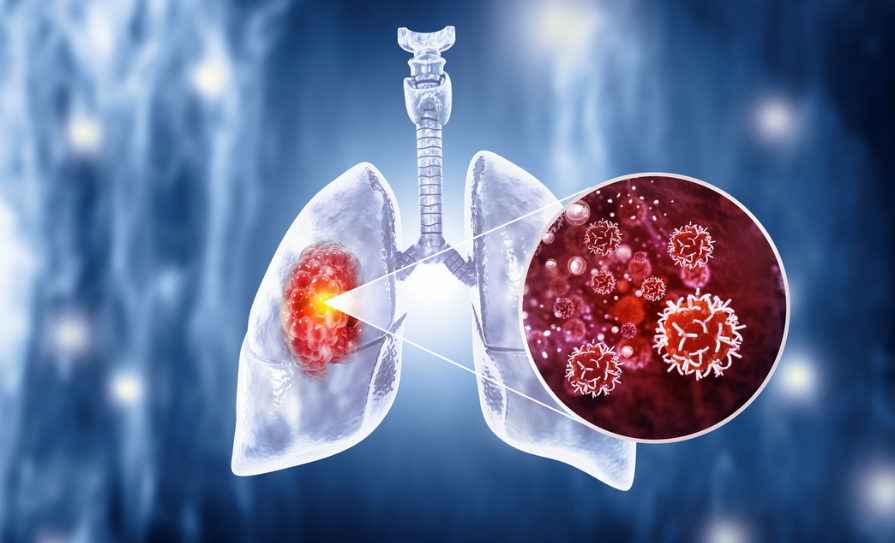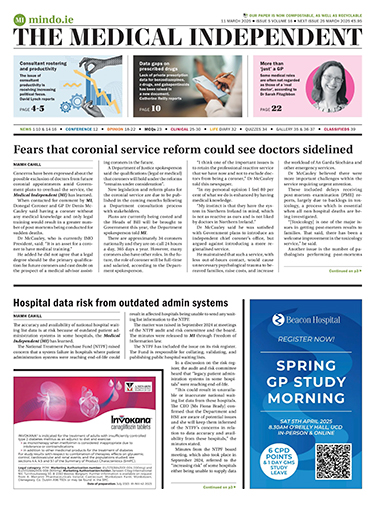The Organisation for Anticonvulsant Syndrome (OACS) Ireland, which represents families affected by foetal valproate spectrum disorder, will meet Department of Health officials tomorrow about the “delay” in commencing an inquiry into historical licensing and prescription of sodium valproate in women of child-bearing age.
In July, Minister for Health Stephen Donnelly announced the Government’s approval for a non-statutory inquiry.
However, to date, the Department has not appointed a chairperson and OACS Ireland has not been advised of a proposed commencement date.
Sodium valproate (Epilim) is an effective and essential treatment for some patients. However, children exposed to sodium valproate in the womb are at a high risk of serious developmental disorders (in up to 40 per cent of cases) and congenital malformations (in approximately 11 per cent of cases).
People currently taking sodium valproate should not make changes to their treatment without discussing any concerns they have with their doctor in the first instance.
In Ireland, sodium valproate was licensed for use in epilepsy in 1975 and subsequently for use in bipolar disorder.
Between 1975 and 2015, approximately 3,126 babies were potentially exposed to valproate in utero, stated a HSE rapid assessment report published in 2018. Between 153 and 341 of these children will have experienced a major congenital malformation (an estimated 43-95 of the children were born between 2000 and 2015); and up to to 1,250 children will have experienced some form of neurodevelopmental delay (an estimated 349 of the children were born between 2000 and 2015), according to the HSE report.
In July, the Department stated the purpose of an inquiry is to provide a voice to people with a diagnosis of foetal valproate spectrum disorder, their mothers and other family members. The inquiry will also “seek to document the evolution of sodium valproate regulation and the practices around the control of this product”.
The chairperson will be tasked with assessing the health service’s current capacity to respond to safety issues relating to use of anti-seizure medications in women of child-bearing potential.
On 25 January, in a statement on its website about tomorrow’s meeting, OACS Ireland outlined: “One of our objectives is to gain explicit reasons on why there has been such a delay on appointing a chairperson to the inquiry and get decisive information on what the Department is doing to resolve it. We want this inquiry, which was approved by Cabinet over six months ago, to move ahead, but the Department so far has not shown us any real direction regarding this.”
OACS Ireland Chairperson Ms Karen Keely said it is hoped the meeting will address matters and that proceedings can move forward quickly as previously promised by Minister Donnelly.
In a statement on 19 January, OACS Ireland had expressed dissatisfaction with a briefing document drawn up by the Department which it said presented an “overly sanitised view of the events which have led to the [planned] establishment of the inquiry”. According to OACS Ireland, there was also “no reference” in the document to the “need for an examination of the role of State agencies prior to 2014”.
Despite growing evidence since the late 1960s, it was not until 2014 that the European Medicines Agency (EMA) and national regulators took action to strengthen the warnings and restrictions on the use of sodium valproate in women and girls.
These measures were further strengthened in 2018 due to concerns over their effectiveness. The medication can no longer be used in women and girls of child-bearing potential unless the conditions of a pregnancy prevention programme are met.
In January 2024, the safety committee of the EMA recommended precautionary measures for the treatment of male patients with valproate medicines. These measures are to address a potential increased risk of neurodevelopmental disorders in children born to men treated with valproate during the three months before conception.













Leave a Reply
You must be logged in to post a comment.